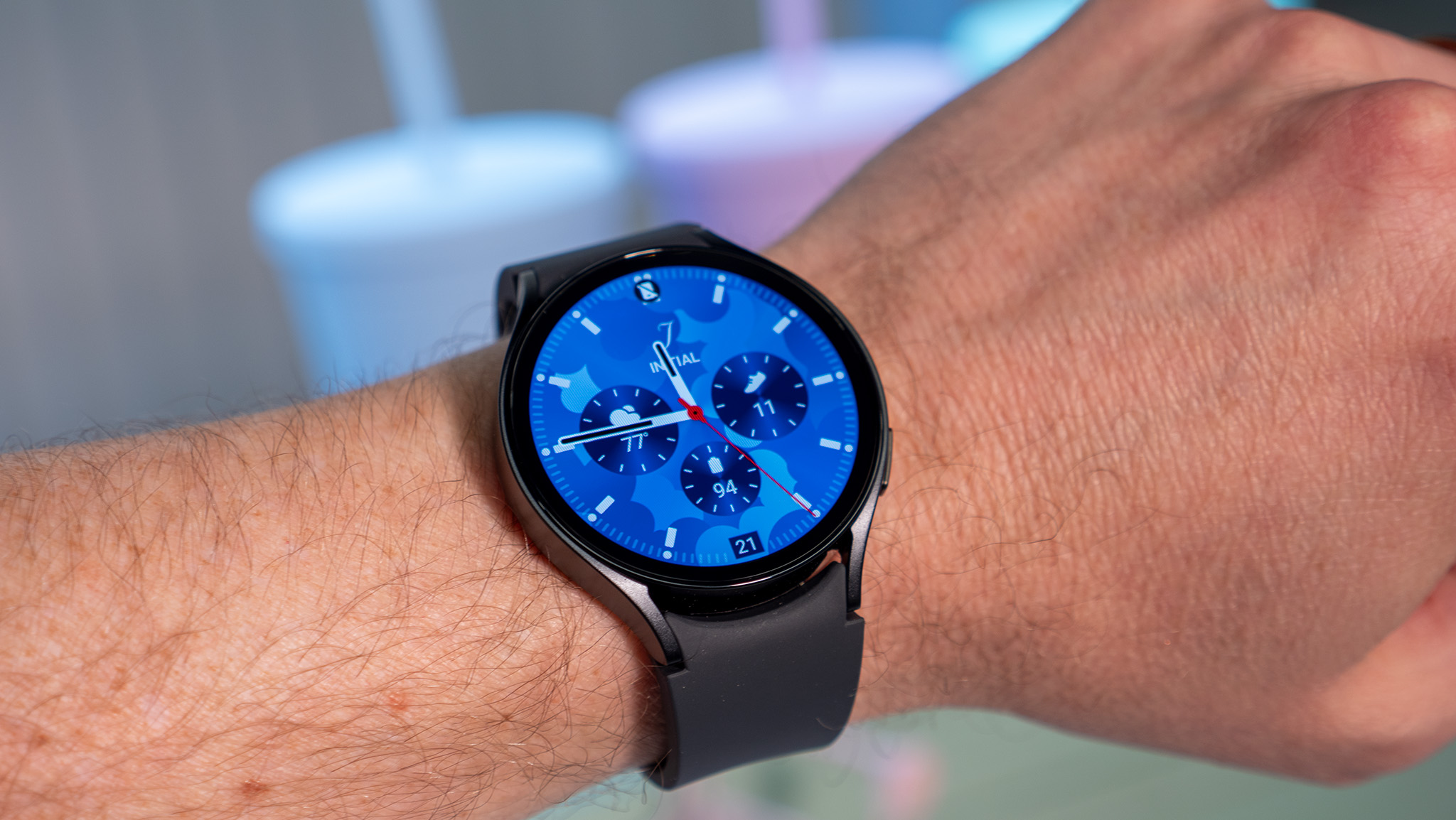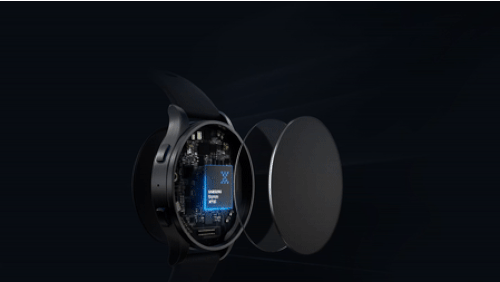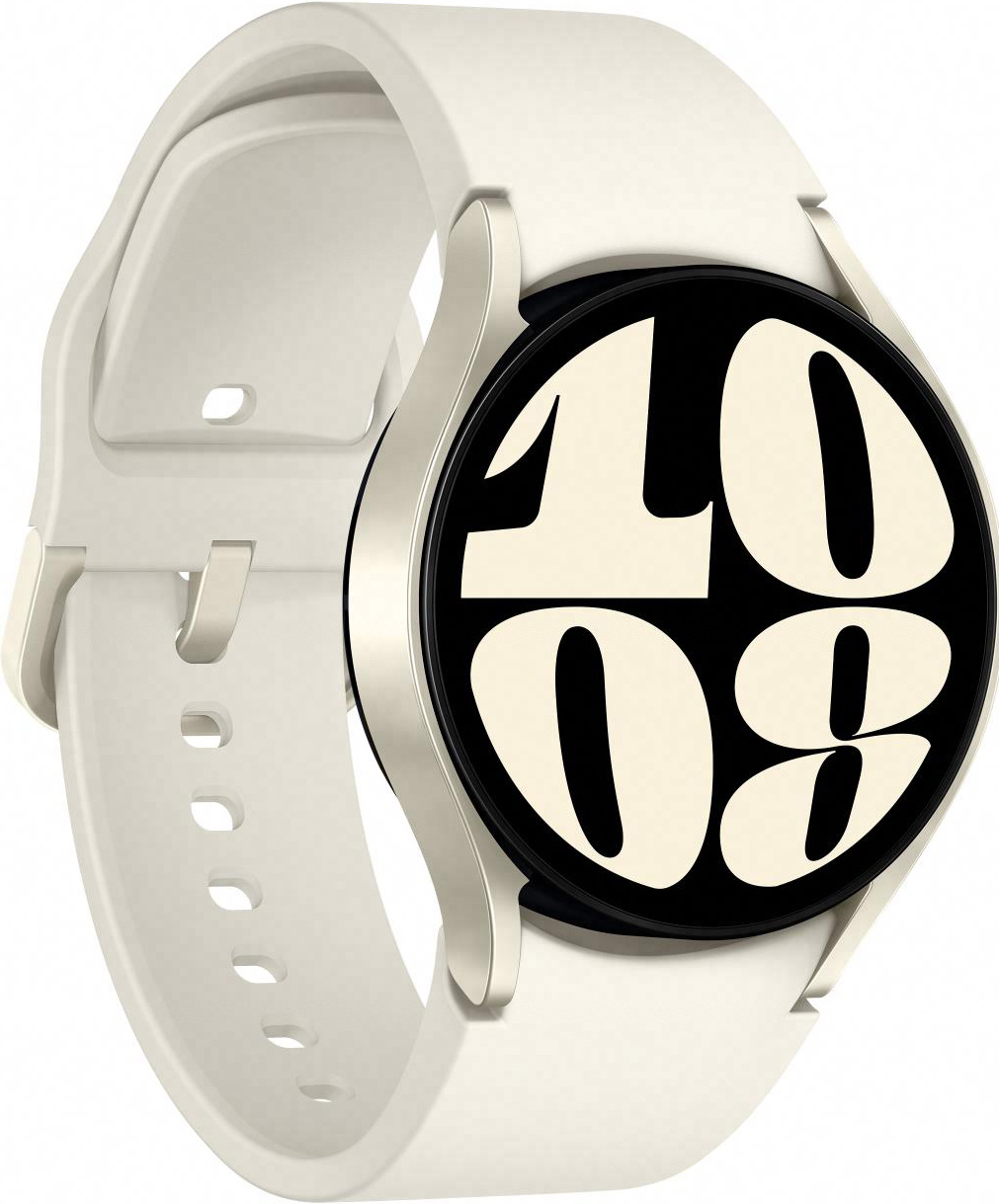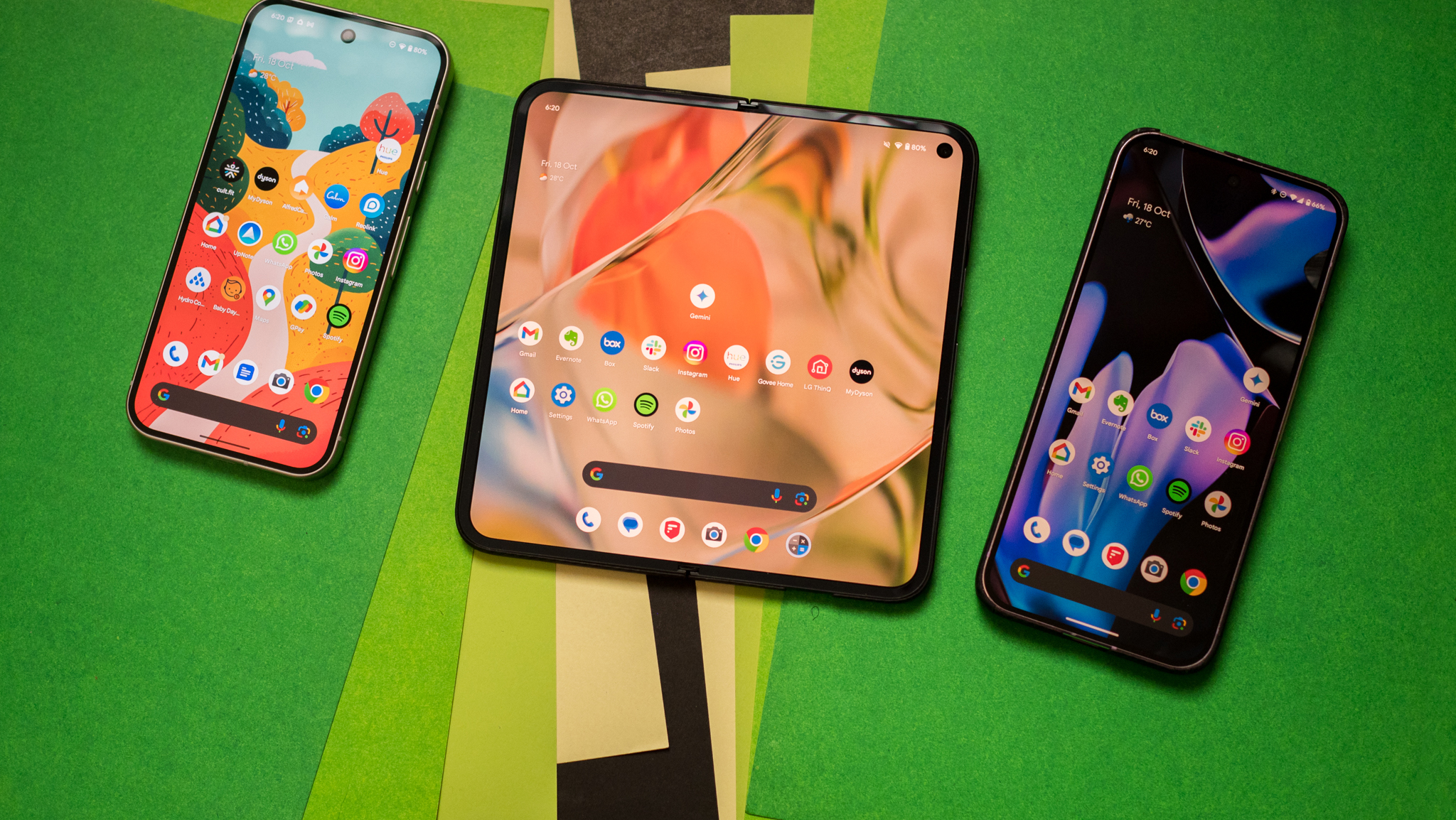The new Galaxy Watch 6 has a new chipset and Samsung is showing it off
Samsung finally upgrades the Galaxy Watch chip.

What you need to know
- Samsung recently launched the Galaxy Watch 6 series, which comes with a new wearable processor.
- The Exynos W930 promises to deliver 18% more CPU performance while maintaining low power consumption for certain tasks.
- The Galaxy Watch 6 is available now for preorder and will go on sale on August 11.
Samsung just launched a new smartwatch, and while there aren't many obvious changes in the Galaxy Watch 6 design, aside from the smaller bezels, there's plenty going on internally. The company is now highlighting the benefits of the new Exynos W930 chipset and how it aims to elevate your wearable experience.
According to a page on Samsung's website, the new Exynos chip comes with a 1.4GHz Cortex-A55 dual-core processor, which is clocked higher than the previous chip's 1.18GHz and promises to boost CPU performance by 18%. This chip also lets Samsung bump the Galaxy Watch 6 RAM to 2GB, the same as the Google Pixel Watch. This will help with app performance, allowing users to switch between apps up to 25% faster than the Exynos W920 used in the previous models.
The chip is built on a 5nm process, and thanks to the packaging technology used to design the chip, it takes up less space in the watch, allowing Samsung to build a thinner smartwatch while stuffing larger batteries and displays in each variant.

The added battery capacity should help with prolonged use, although Samsung cites up to 40 hours on a single charge, depending on usage. While previous models failed to live up to battery life claims, the new chip may hopefully change that thanks to lower power consumption for certain tasks like the always-on display and Bluetooth connectivity.
Of course, we'll have to fully test the smartwatch to see just how accurate these claims are, but Samsung noticeably lowered the expected battery life compared to the Galaxy Watch 5. On the one hand, that's a bit of a letdown, but on the other hand, perhaps it means we're finally getting more accurate figures.
Other specs of the Exynos W930 chip are largely unchanged when compared to its predecessor, from the GPU to the storage capacity. However, given the impressive performance of the previous chip on the last two Galaxy Watch models, which easily leaves other Android smartwatches in the dust, it probably doesn't even matter.

The new Galaxy Watch 6 brings not only a larger display and smaller bezels, but it also comes with an upgraded chipset and more RAM for better app performance. It's also the first smartwatch to come with Wear OS 4.
Be an expert in 5 minutes
Get the latest news from Android Central, your trusted companion in the world of Android

Derrek is the managing editor of Android Central, helping to guide the site's editorial content and direction to reach and resonate with readers, old and new, who are just as passionate about tech as we are. He's been obsessed with mobile technology since he was 12, when he discovered the Nokia N90, and his love of flip phones and new form factors continues to this day. As a fitness enthusiast, he has always been curious about the intersection of tech and fitness. When he's not working, he's probably working out.
-
fuzzylumpkin I'm pretty sure the only actual upgrade is to the RAM. Other than that, it's just an overclocked w920.Reply
The battery life is further evidence of this. It's nice wishful thinking to say they are just being more honest with the numbers they report, but it's a lot more likely that the roughly 20% increase in processor speed has seen a roughly 20% decrease in the batteries run time.
